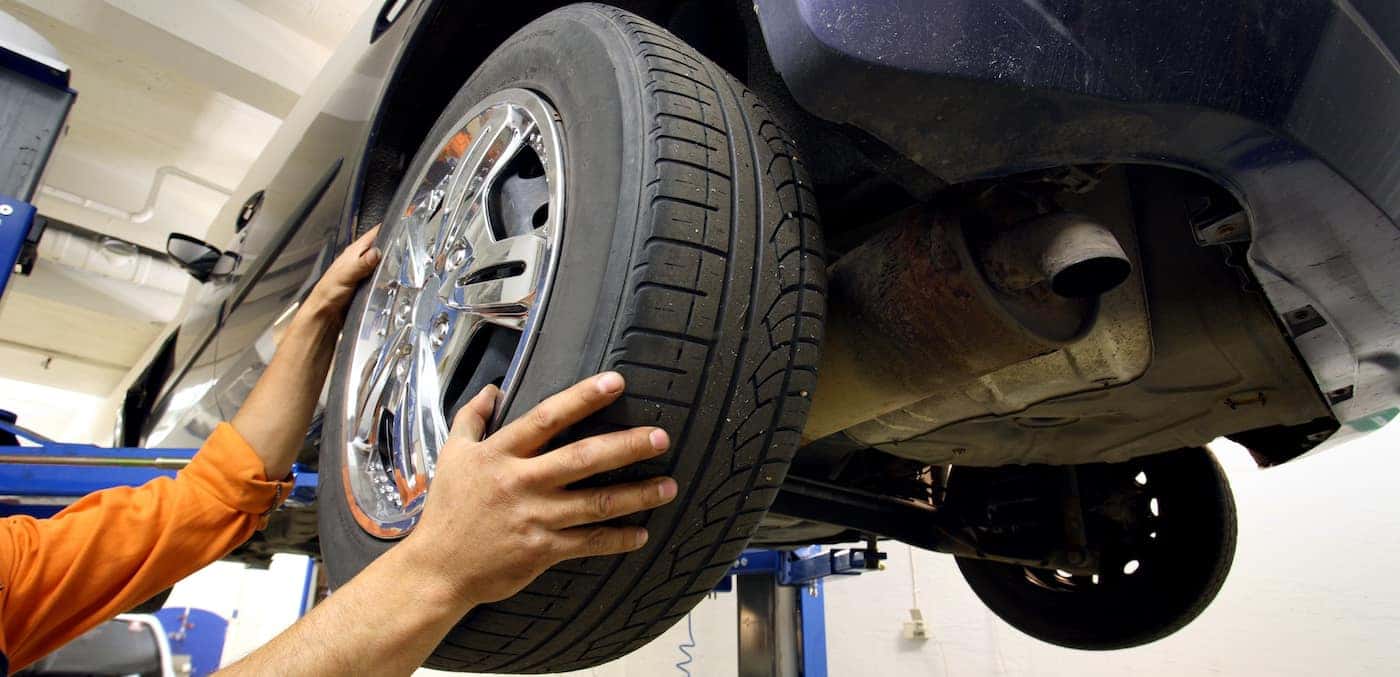Tire rotation is the simplest way to extend tire life and improve safety—yet most drivers forget about it. Here’s your complete guide:
The Golden Rules of Rotation
Standard Interval:
-
Every 5,000-8,000 miles
-
Or every 6 months (whichever comes first)
Exceptions That Need More Frequent Rotation:
-
Performance cars (3,000-5,000 miles)
-
Heavy EVs (due to weight distribution)
-
If you notice uneven wear patterns
Rotation Patterns Demystified
Front-Wheel Drive:
Front tires → Cross to rear (LF→RR, RF→LR) Rear tires → Move straight forward (no cross)
Why? Front tires wear 2x faster on FWD vehicles
Rear-Wheel Drive/4WD:
Rear tires → Cross to front (LR→RF, RR→LF) Front tires → Move straight back
Directional Tires:
Can only swap front-to-back on same side
(No crossing allowed due to tread design)
Signs You’ve Waited Too Long
-
2/32″ tread depth difference between axles
-
Cupping/scalloping patterns
-
Steering wheel vibration at highway speeds
Cost of Neglect:
-
Premature tire replacement (£400-£800/set)
-
Suspension component wear
-
7-10% worse fuel economy
Our Professional Rotation Service Includes:
-
Tire Health Inspection
-
Measure tread depth at 3 points per tire
-
Check for nails/embedded objects
-
-
Precision Torquing
-
Lug nuts tightened to exact OEM specs
-
Re-checked after 50 miles
-
-
Pressure Optimization
-
Adjusted for your load/season
-
Nitrogen fill available (£10/set)
-
“Regular rotations help our customers get 15,000+ extra miles from their tires.”
DIY vs Pro Rotation
| Factor | DIY | Professional |
|---|---|---|
| Equipment Needed | Jack, stands, torque wrench | Lift, calibrated tools |
| Time | 45-60 minutes | 20 minutes |
| Hidden Benefits | None | Early problem detection |
| Cost | “Free” (your time) | £25-£50 |
Smart Choice: Combine with oil changes for efficiency
Did You Know?
We photograph your tread during service and track wear patterns over time through our digital vehicle health reports.
